Seven years after founding Chiliz, Alex Dreyfus is back on the road evangelizing what he calls the future of digital fandom. At Token2049 in Singapore, in a booth buzzing with sports memorabilia and interactive displays, the French entrepreneur laid out his most ambitious vision yet: turning fan tokens from simple perks into genuine stakes in the global sports economy.
“Chiliz was very early in Korea back in 2018,” Dreyfus said. “We’re not the fastest blockchain, we’re not the biggest. But we know how to work with sports properties—and that’s our edge.”
Korea as Launchpad
Chiliz has worked with more than 70 clubs worldwide, from Barcelona and Paris Saint-Germain to Manchester City and Tottenham. In Korea, the company has pursued a hyper-local strategy. Its partnership with Naver Pay, the country’s dominant payments platform with over 30 million users, has already introduced hundreds of thousands of fans to Chiliz’s chain. Naver’s new NFT-enabled wallet uses Chiliz technology to issue ticketing for K-pop concerts, while promotions send lucky winners abroad to attend games in Madrid or Paris.
The K-League, Korea’s top football league, has also joined as a validator. Match balls that score goals are minted as NFTs with on-chain certification. “Every country is different,” Dreyfus said. “In Korea, fan culture is massive, so we had to partner with platforms people already trust. That’s why Naver Pay and K-League matter so much.”
Clubs as Validators, Fans as Stakers
Dreyfus envisions a future where leagues and clubs run validator nodes, giving fans the chance to stake tokens with their favorite teams. “If PSG is a validator, then PSG fans stake there. If it’s K-League, Korean fans stake locally,” he said. “That creates utility and turns the ecosystem into something anchored in loyalty.”
The model could scale worldwide: leagues as validators, teams launching their tokens, and fans rewarded for aligning their digital assets with their real-world allegiances.
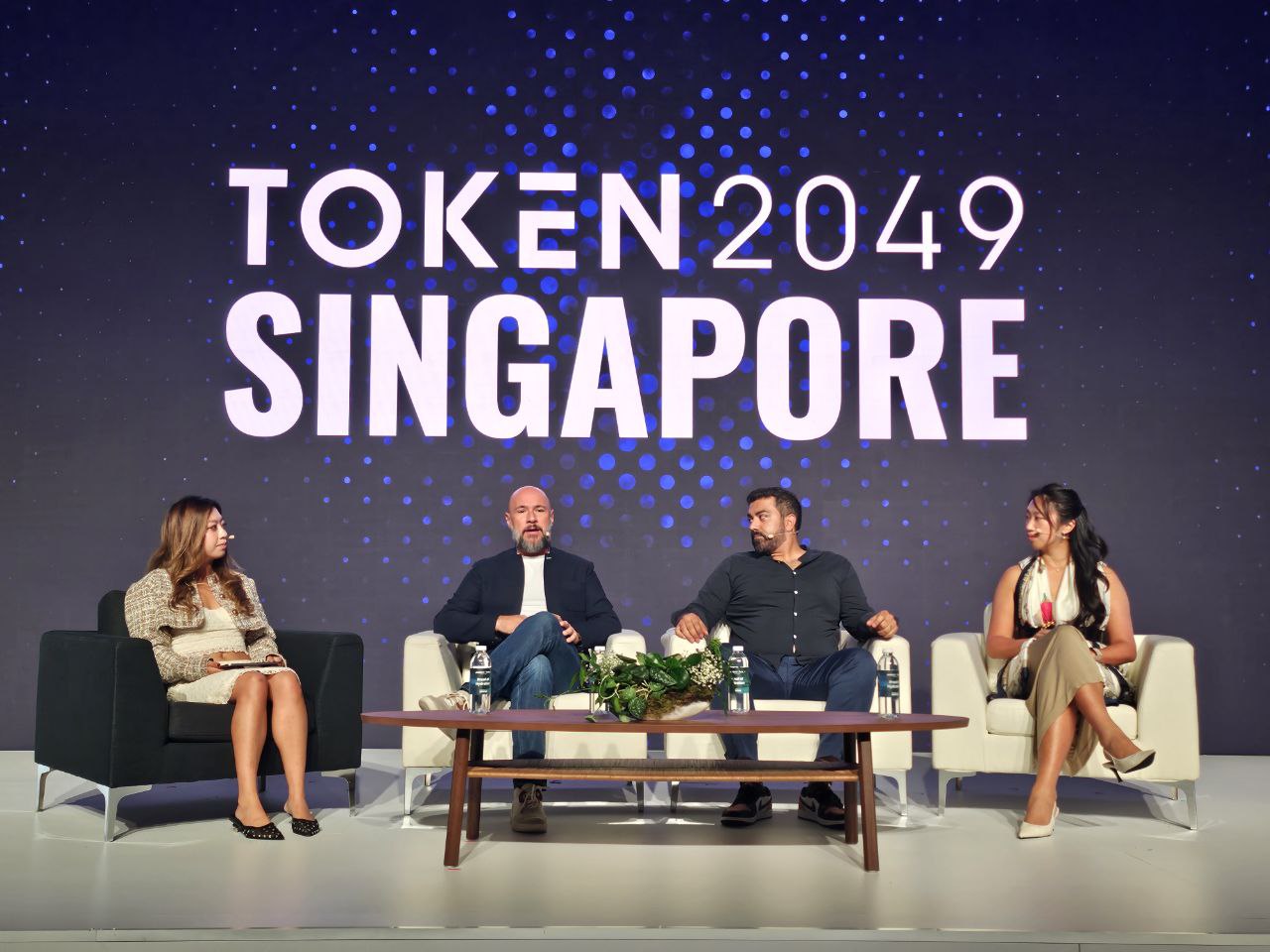
Beyond Sports: K-Pop and Entertainment
The temptation to push beyond football and into entertainment is strong. Chiliz has held discussions with major artists, concert promoters, and film producers. But Dreyfus is cautious. “We could have launched a Messi token and sold $30 million in three days. But what’s the utility? What’s the long-term vision?” he asked. “We’re not here for short-term hype.”
Still, Korea looms large as a testing ground. With K-pop’s global reach, Dreyfus admits it’s one of the few ecosystems strong enough to experiment with new token models. “If it starts anywhere, it will start in Korea,” he said.
Regulation: Europe Leads, Asia Follows Fragmented Path
Chiliz is one of the few crypto projects registered in Europe under MiCA, the EU’s new regulatory framework. Its fan engagement platform, Socios.com, is licensed as a custodian wallet, while its token CHZ is formally registered under MiCA rules.
Asia remains fractured. “There is no single Asian framework. That’s why in Korea we partner with Naver Pay, in Japan with SBI. We adapt to each market,” Dreyfus explained.
Growth Story: From Korea to the U.S.
Chiliz transactions have surged from 8 million to 30 million, driven largely by Korea and its 250,000 new users through Naver Pay. But the U.S. is the next major frontier.
Between 2021 and 2022, Chiliz signed 88 American sports properties, including 27 NBA teams, 13 NFL teams, and the entirety of Major League Soccer. The company poured $80 million into deals but pulled back when regulatory headwinds and the FTX collapse slammed the industry. “We never launched a single token in the U.S.,” Dreyfus said. “Now, with a more pro-crypto policy climate, the timing is right to come back.”
He’s targeting 2026, when the FIFA World Cup arrives in the U.S., Mexico, and Canada. “We don’t work directly with FIFA, but we do with national teams like Argentina, Portugal, and Italy. Expect a wave of national team tokens trading during the tournament,” he said.
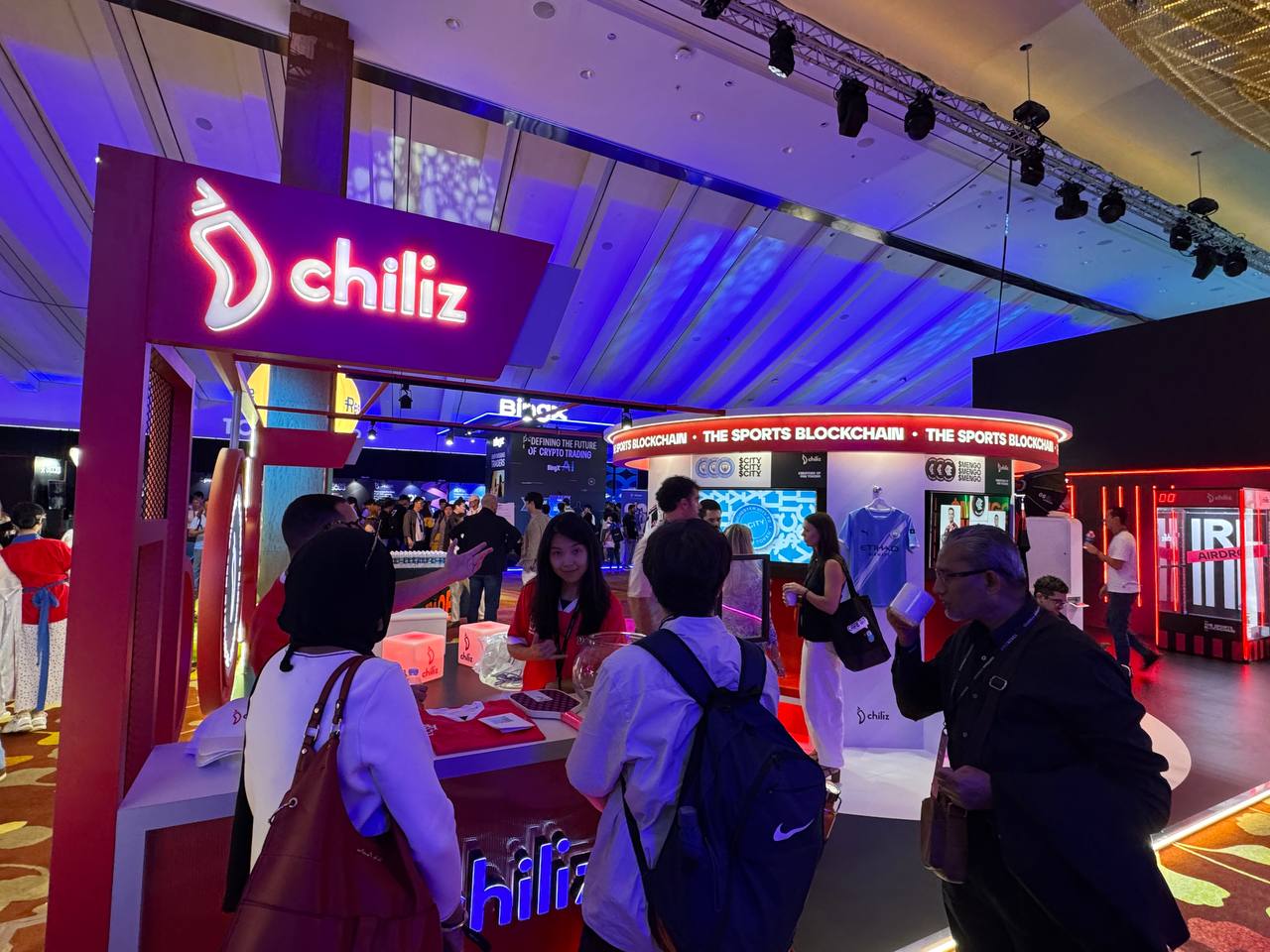
Fan Token 2.0: From Rewards to Equity
The recent acquisition of esports powerhouse OG signals the shift toward what Dreyfus calls Fan Token 2.0. “We own a team now. That lets us experiment more directly with utility for token holders,” he said. The next phase involves taking equity stakes in major sports clubs and tying that equity to fan tokens.
“Imagine a token that isn’t just perks but actual ownership—equity plus utility,” Dreyfus said. “That’s where we’re going next year.”
The Korean Edge
In his view, no country has a stronger fan culture than Korea. “It’s by far the most intense fan market in the world. If Fan Token 2.0 can succeed anywhere, it will succeed here,” he said.
The market for “sportfi”—the financialization of fandom—could reach $10 billion by the end of the decade, Dreyfus predicted. Global sports properties are valued at $560 billion; capturing even 5–10% of that, he argued, would mark a massive breakthrough.
Message to Korea
Dreyfus ended with a nod to the community that embraced Chiliz early. “The Korean community has supported us for seven years. We will invest more and do more here. This is just the beginning.”






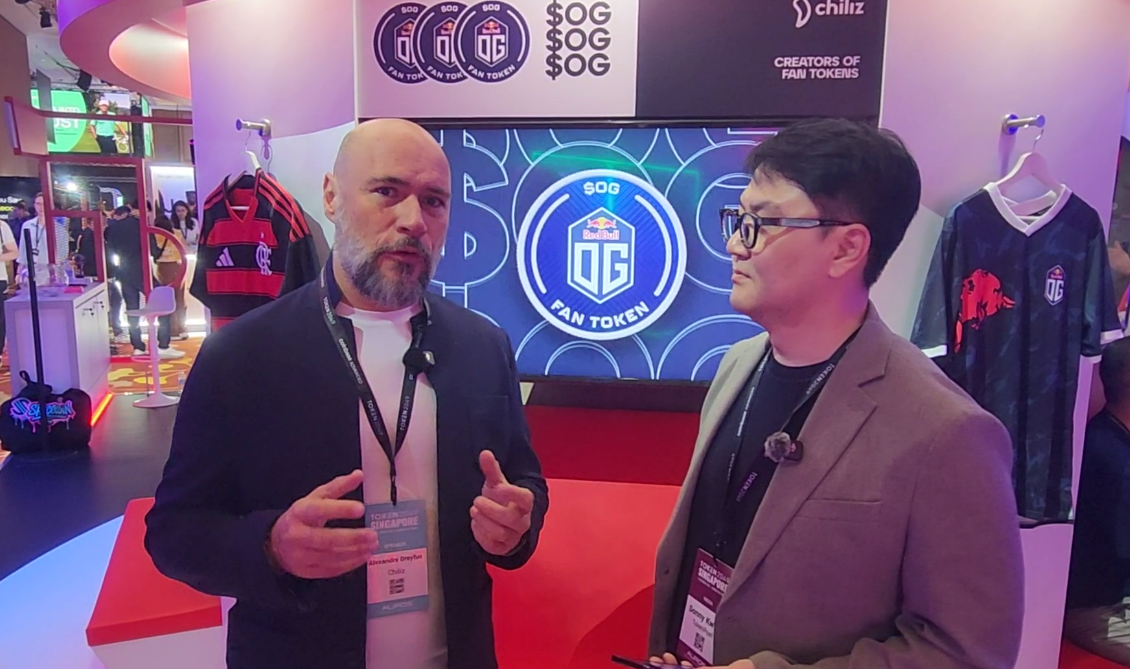


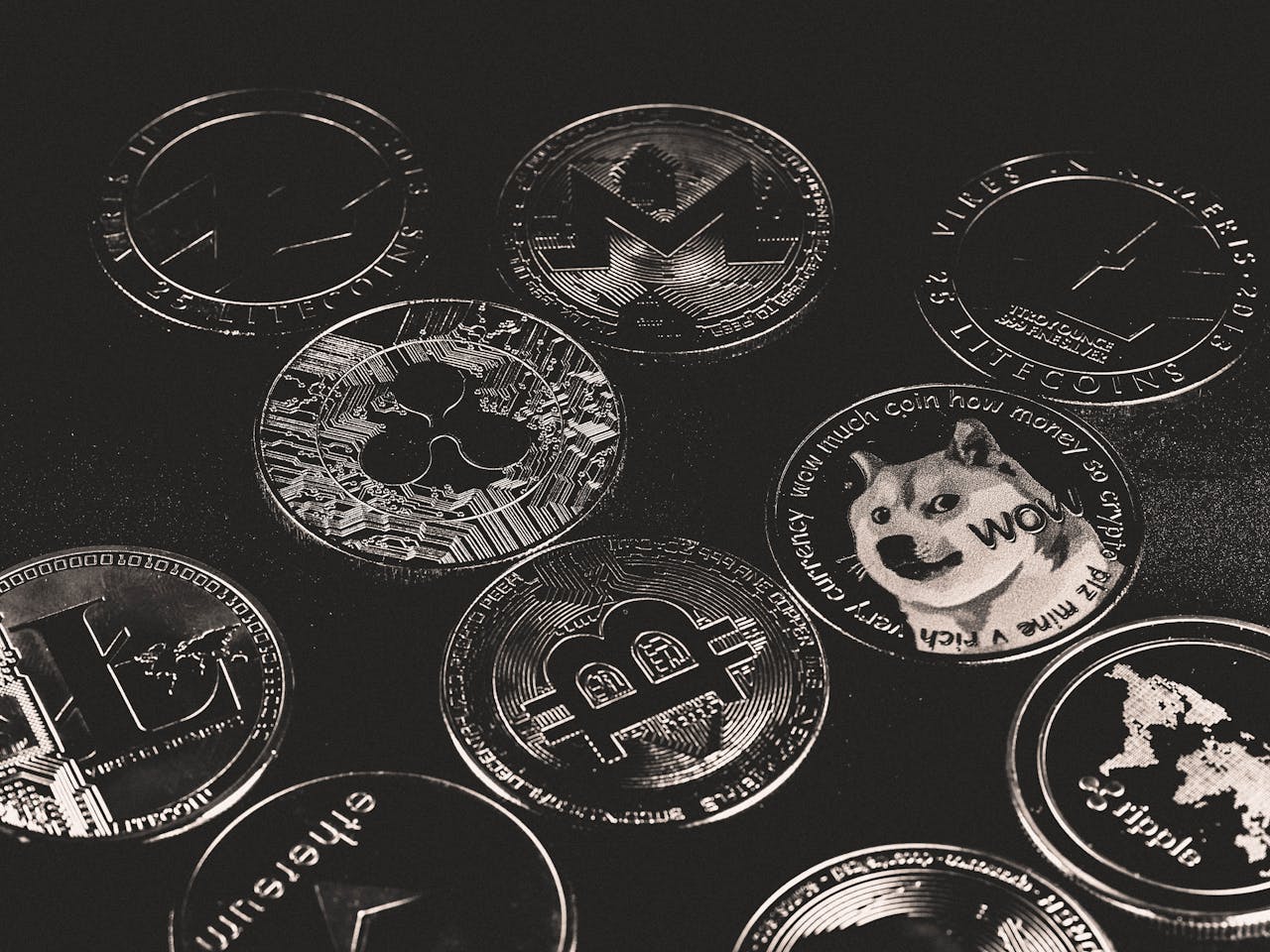

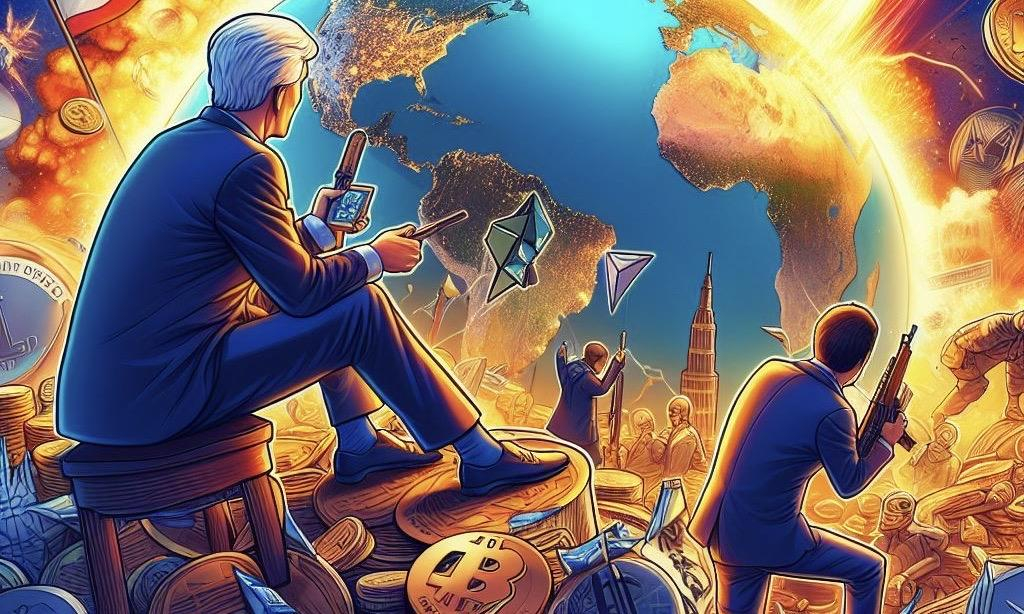



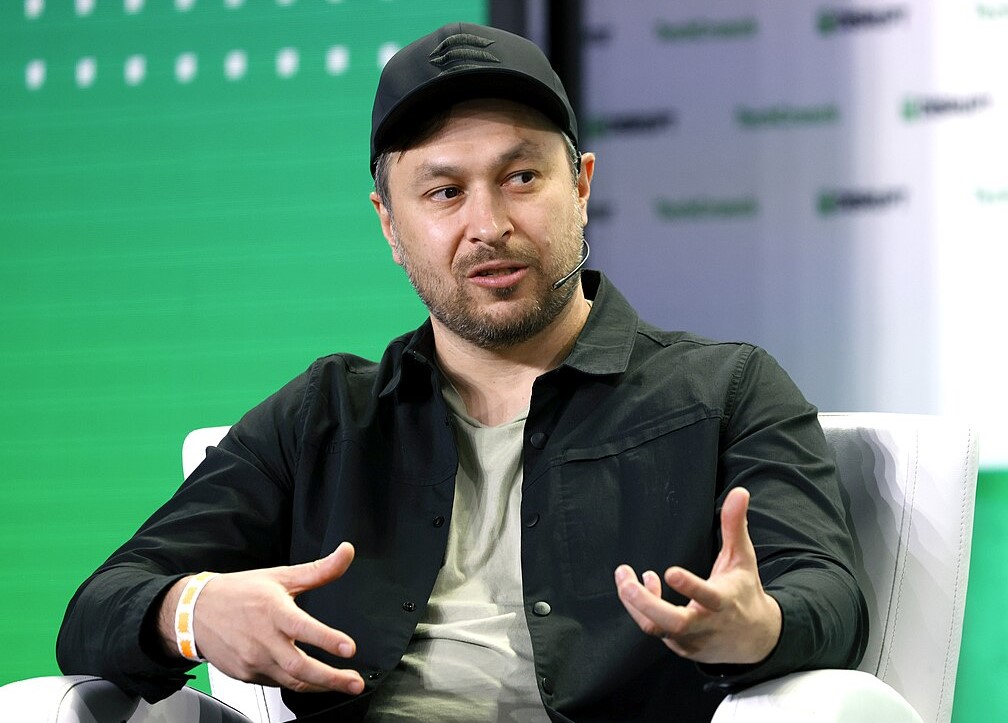




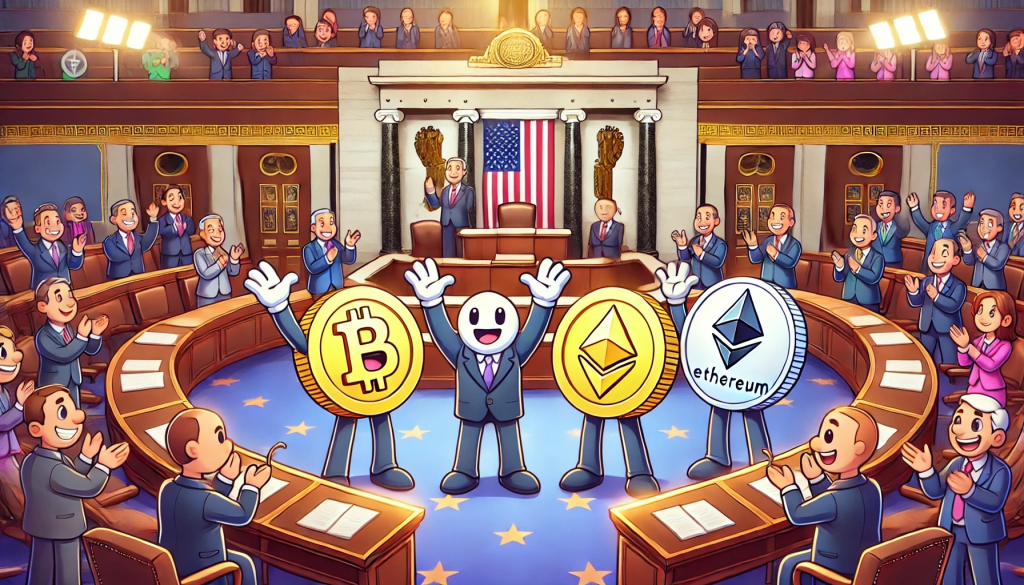

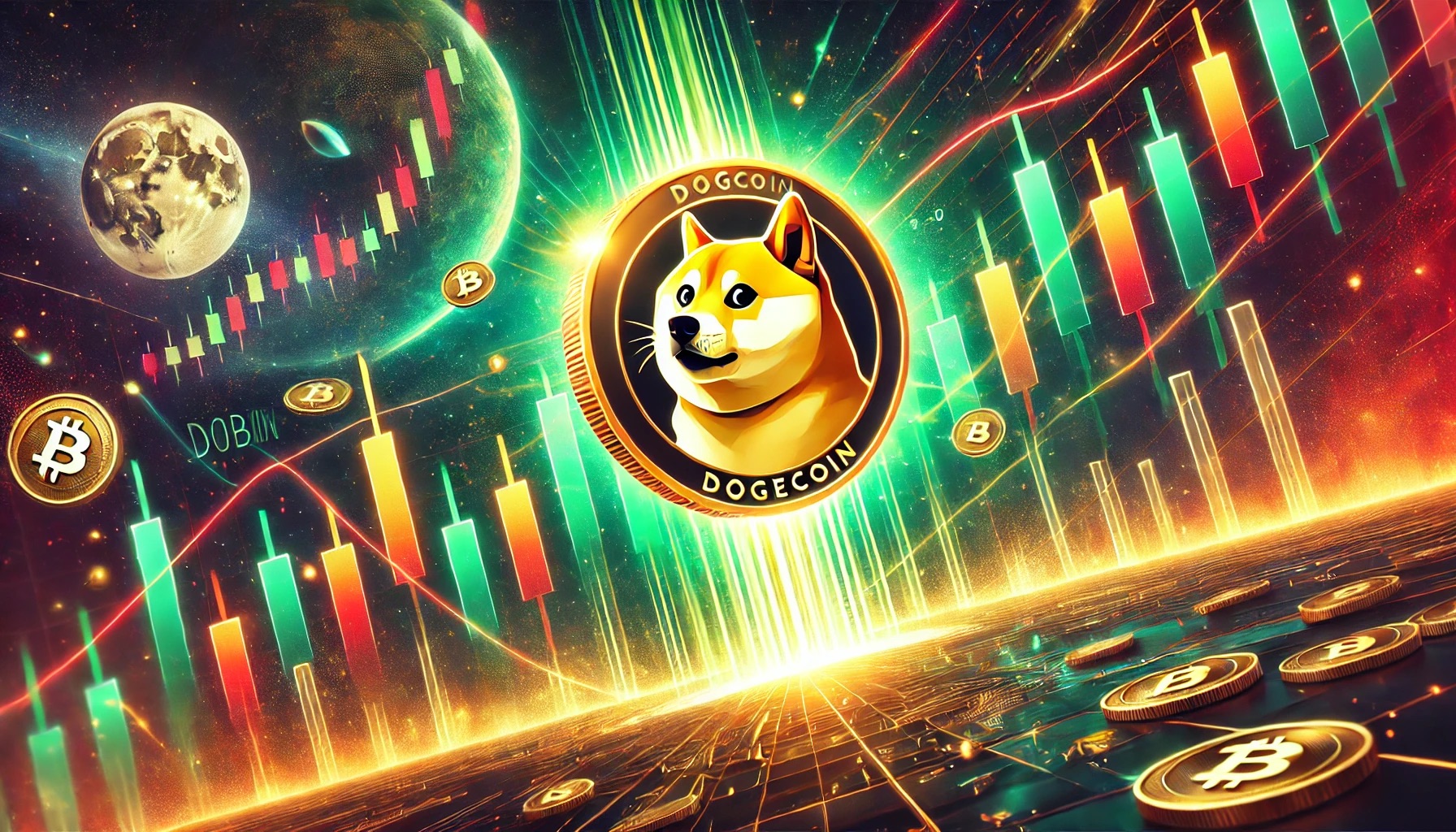

Comment 0